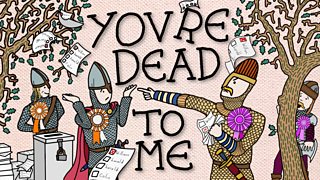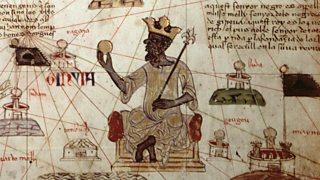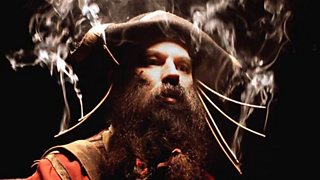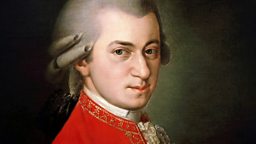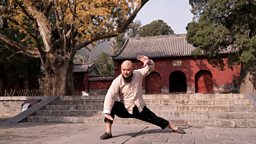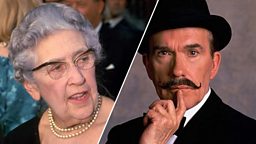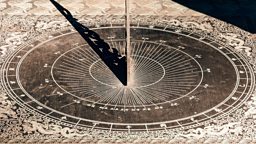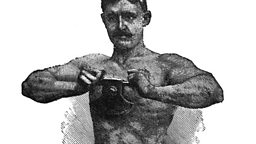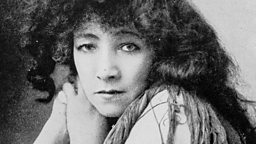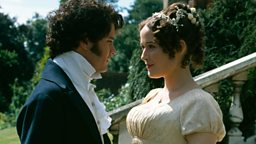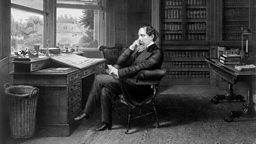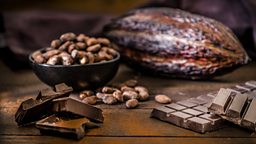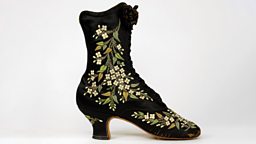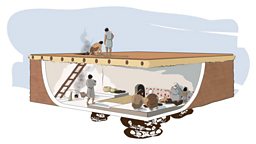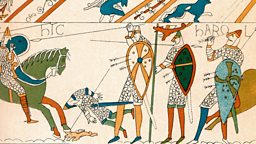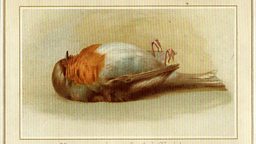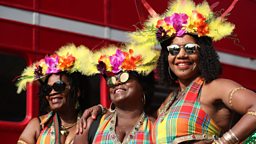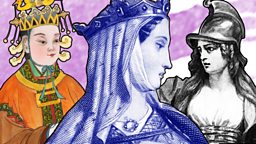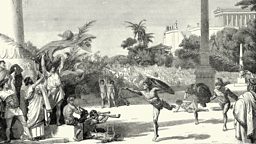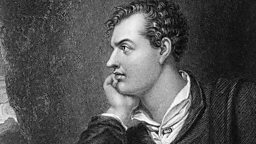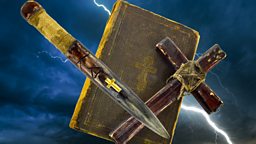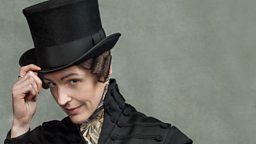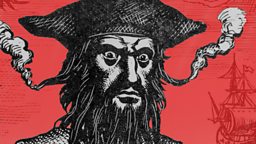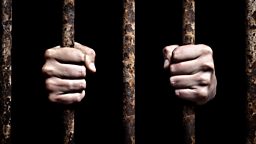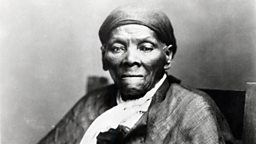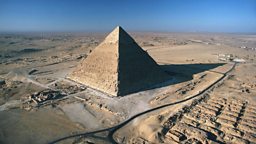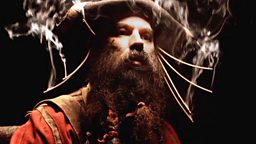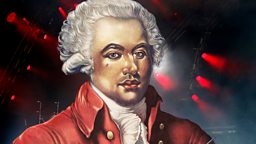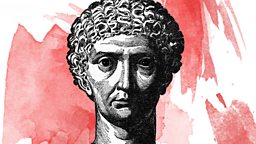9 unexpected facts about the history of general elections
The first British general election happened in 1708, but back then national polls looked a lot different from today.
In the You’re Dead To Me podcast, Greg Jenner is joined by historian Dr Hannah Nicholson and comedian Catherine Bohart to discuss elections in the 18th and 19th Centuries.
Here are some of the curious things they uncovered…
The History of General Elections
1. The first British prime minister got the job because the King couldnβt speak English
King George I was chosen to succeed Queen Anne in 1714 because he was her closest Protestant relative. But he was German and didn’t speak English. So Whig politician Robert Walpole seized the chance to work his way into power. By 1721, he had been appointed First Lord of the Treasury, Chancellor of the Exchequer and Leader of the House of Commons – making him effectively the prime minister, although the title didn’t exist yet.
2. The term βprime ministerβ started out as an insult
When it was first used, “prime minister” was a term of mockery and abuse. It implied that an individual had risen above others in the royal circle inappropriately – a bit like calling someone a “teacher’s pet” today. But over the years it’s come to be an official title.
3. People used to throw dead cats at speakers during political rallies
Giving pre-election speeches in the 18th and 19th centuries was a seriously tough gig.
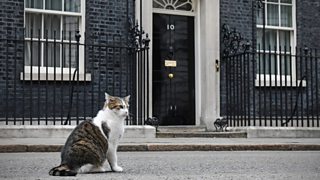
With no microphones, political candidates had to battle the weather and the noise of a rowdy crowd to make themselves heard.
But worse than that, as well as having to overcome energetic hecklers, would-be MPs were frequently pelted with objects as unpleasant as dead cats and dogs, faeces and stones.
One candidate, Henry Brougham, braved an incredible 206 public speeches during his campaign to be elected in Liverpool, but still lost.
4. In some boroughs, you had to be a βpotwalloperβ to get a vote
Until the Great Reform Act of 1832, different boroughs had different rules governing who got the vote. These stipulated varying levels of privilege – like having land worth at least 40 shillings, owning your own home, holding “freeman” status, or being a member of a corporation. In “potwalloper boroughs”, voters simply needed to live in a property with its own hearth, where they could boil a pot.
Based on these rules, in 1801 it’s thought that about half a million people were eligible to vote – which was around 16% of the adult population.
5. Only a tiny number of women were allowed to vote β but a few others gave it a go
Women weren’t generally allowed to vote. But in boroughs where the vote went to the homeowner, wealthy single women or widows were eligible. They rarely voted in person and would usually send a man to do it on their behalf.
The rules didn’t stop a few women trying to sneak a vote in. For example, during the 1829 Newark by-election, a woman disguised in a man’s hat and coat tried to vote in the name of “Mr Waterman”. However, the ruse was rumbled and her vote discounted.
6. One constituency populated only by sheep still had two MPs in parliament
Old Sarum, in Wiltshire, is one of the most famous examples of a “rotten borough”, where a constituency with a tiny (or, in this case, non-existent) population was still able to elect MPs.
The abandoned medieval village technically had 11 voters, but none of them actually lived there – its only real inhabitants were a few sheep. Nevertheless, Old Sarum had two seats in parliament from 1708 to 1832.
It was so valuable as a political opportunity that despite the land only being worth £700 in agricultural terms, it sold for £60,000, which is equivalent to tens of millions today.
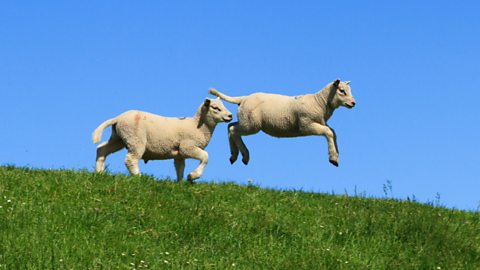
The constituency once populated only by sheep
Old Sarum, in Wiltshire, is one of the most famous examples of a βrotten boroughβ.
7. βBludgeon menβ were paid by opposing sides to intimidate voters
Until 1872, elections were public – so there was no hiding who you voted for. This resulted in some serious intimidation tactics.
Burly “bludgeon men”, recruited from shipyards and fighting rings, were employed by both sides to stand threateningly outside polling stations. And landlords sometimes pressured tenants to vote a certain way or face eviction.
8. Election songs used to be all the rage
Despite the fact that most people couldn’t vote, men and women across society still got very excited about elections thanks to public hustings, campaign leaflets and even popular political songs.
Often, ballads were set to existing popular or patriotic tunes. For example, in one anti-monarchist example, the national anthem was creatively reworked from God Save the King to Bob Shave the King – in other words, “cut off his head”.
9. 10 Downing Street used to have a different number on the door
The country’s most famous address hasn’t always been called 10 Downing Street.
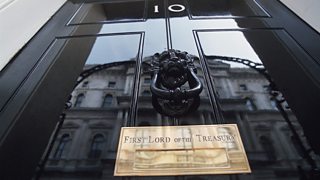
When the property was first offered to Prime Minister Robert Walpole by the King, it was known as number five Downing Street – but the door numbers have since been rearranged.
Walpole’s official title at the time, “First Lord of the Treasury” (a role still held by the prime minister today), is still inscribed on 10 Downing Street’s letterbox.

More from You're Dead To Me
-
![]()
The History of General Elections
Greg Jenner and the team head to the polls to discover the history of General Elections.
-
![]()
Meet the richest person who ever lived: Mansa Musa
Six things worth knowing about the 14th Century emperor of the Mali Empire.
-
![]()
Ten things you need to know about Blackbeard the pirate
Greg Jenner and his guests discuss the life and crimes of the infamous Blackbeard.
-
![]()
The History of Football Quiz
How far back does your football knowledge stretch?
